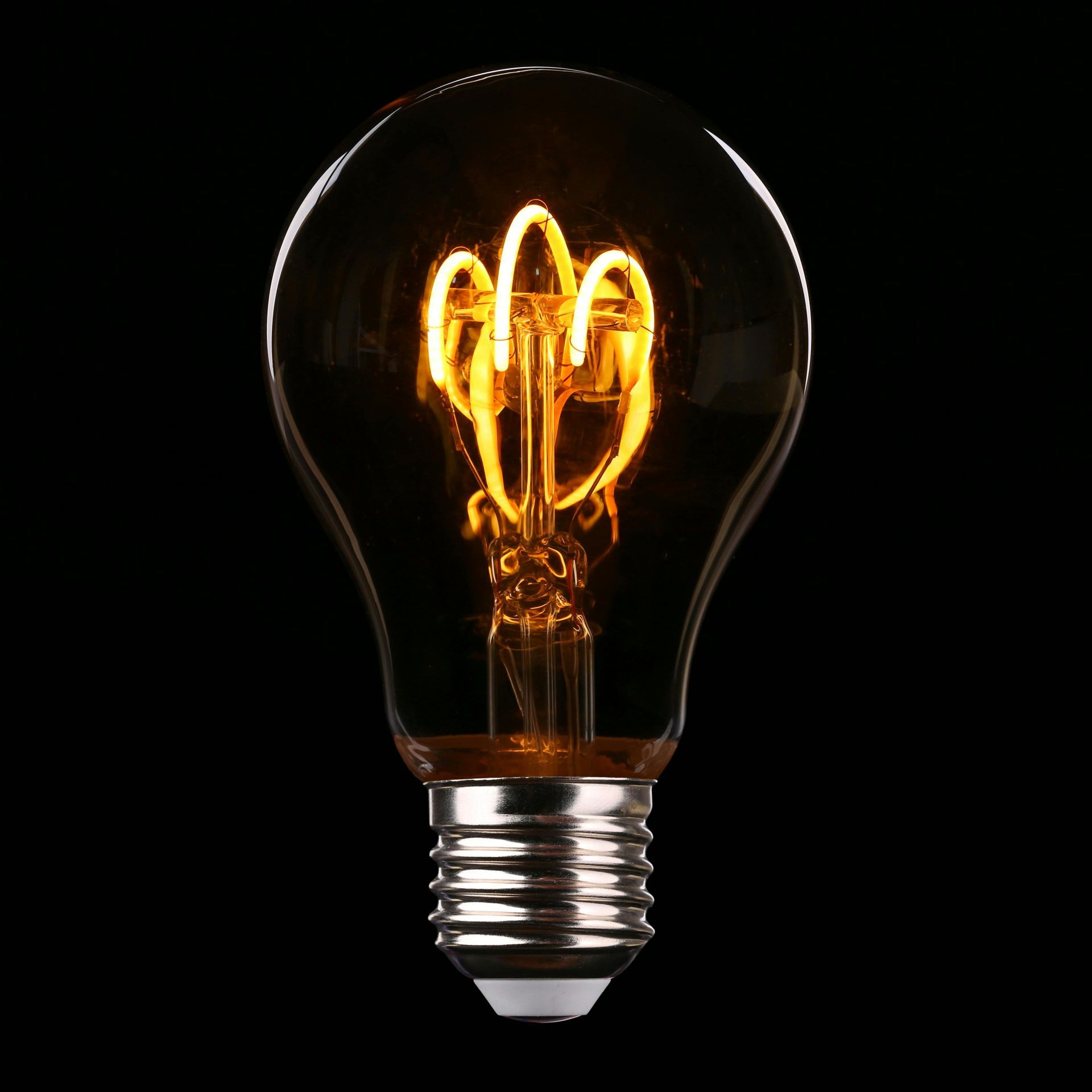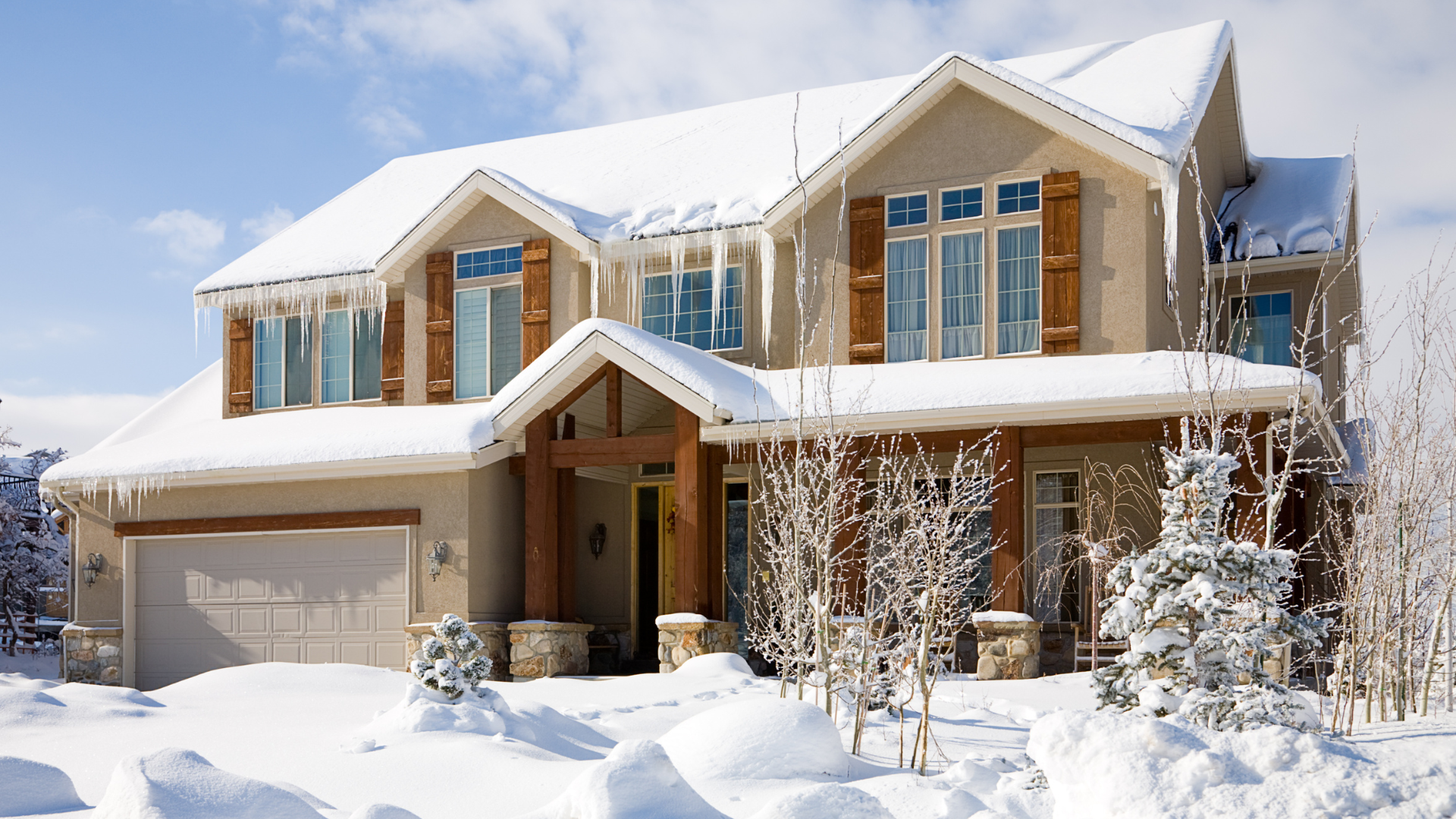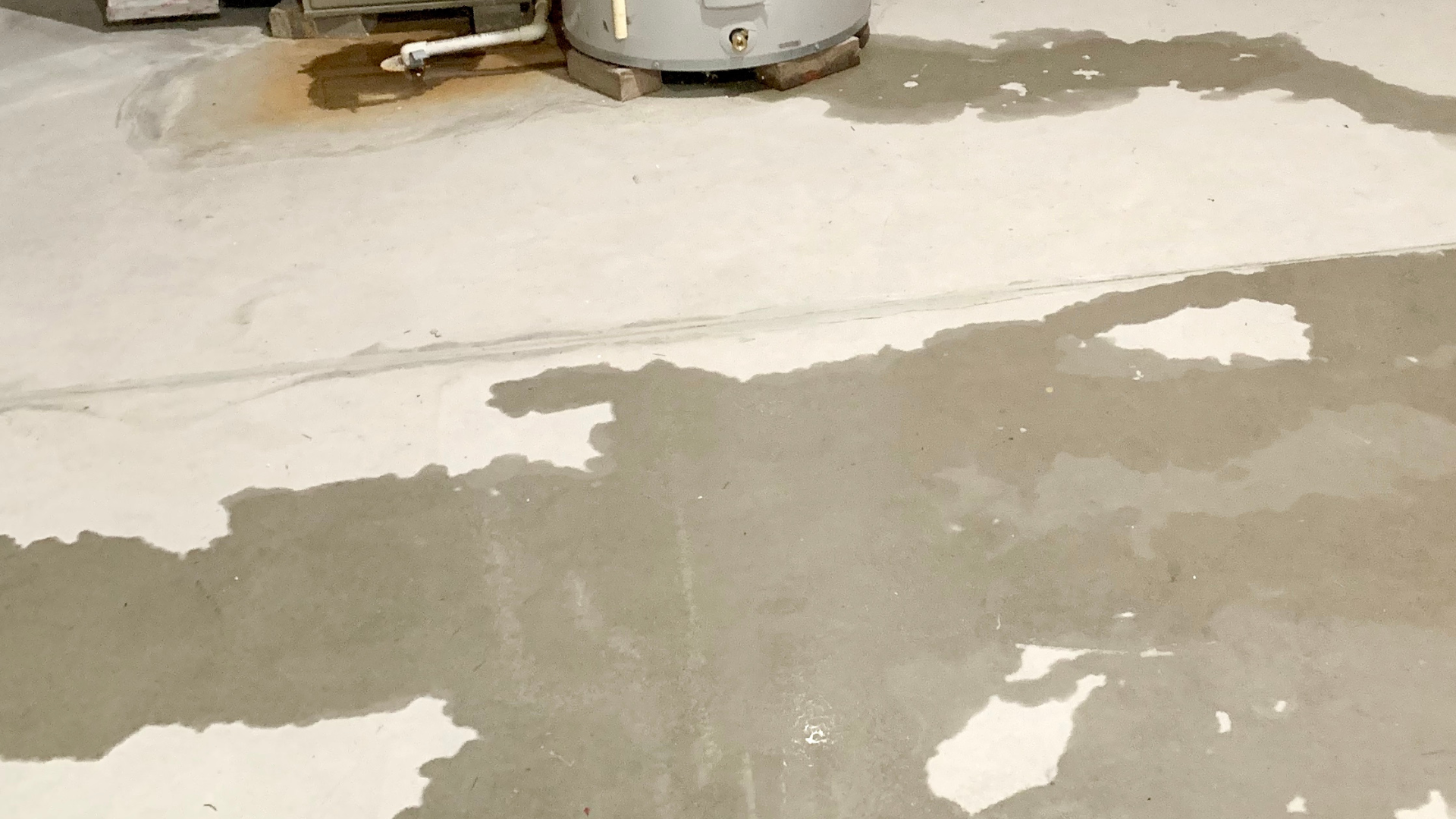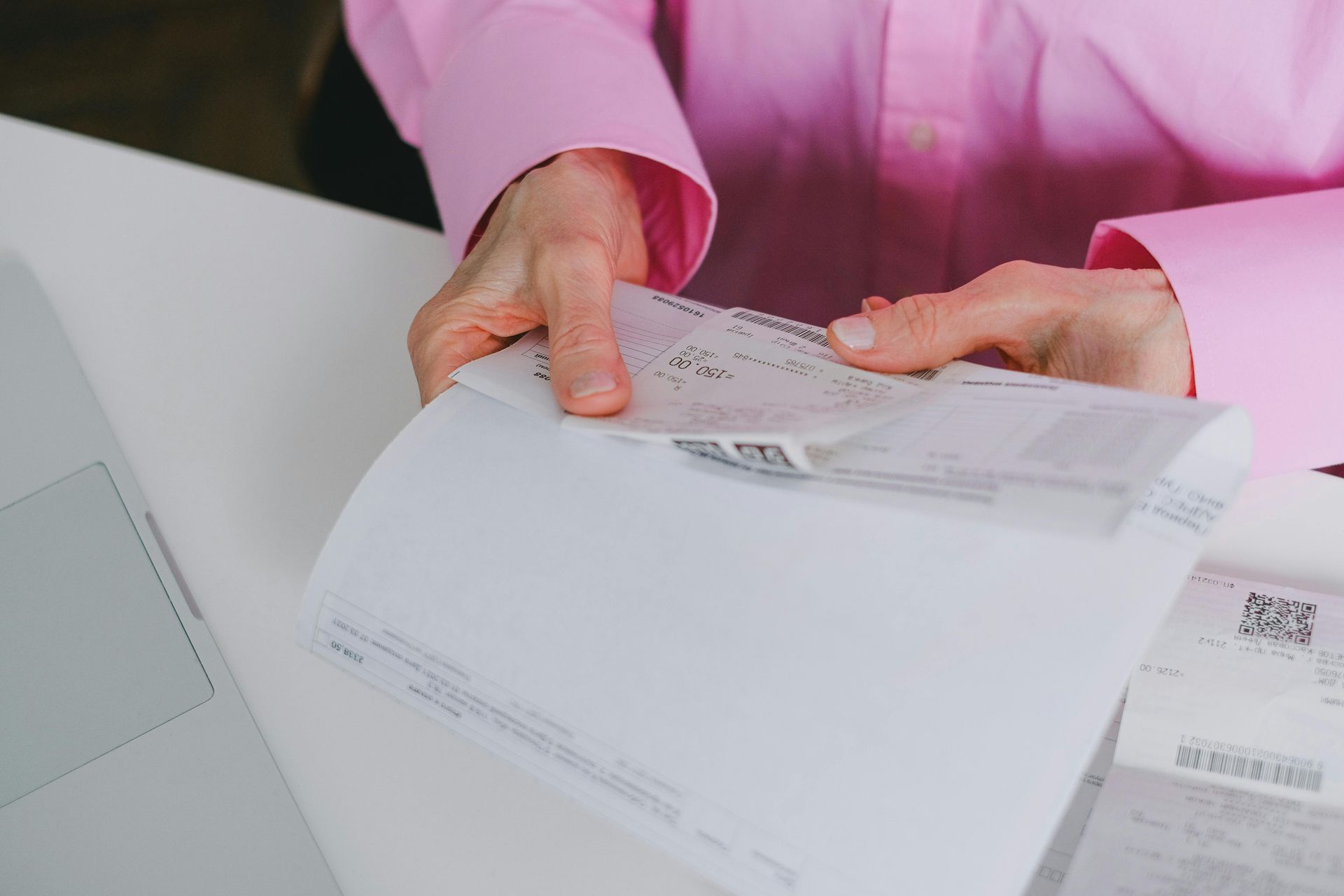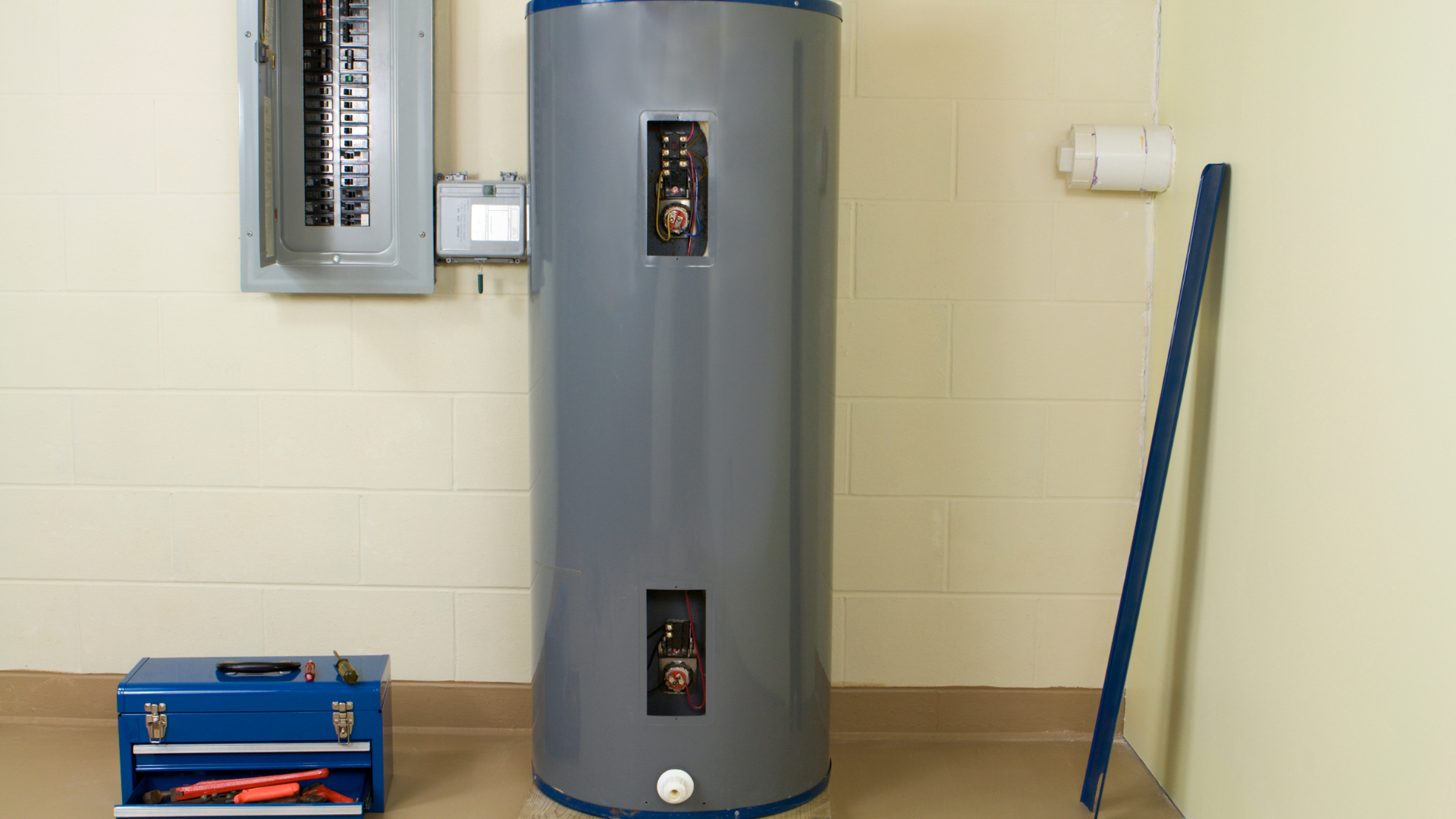When to Consider Getting a Water Softener
When to Consider Getting a Water Softener

For many homeowners, the concept of a water softener only comes to mind when they start noticing frustrating issues around the house. Hard water, rich in dissolved minerals like calcium and magnesium, can create a multitude of problems that impact your home's efficiency, your personal well-being, and your wallet. This guide will explore when to consider a water softener, what's involved in owning one, expected costs, and whether to tackle the installation yourself or hire a professional.
When to Consider Getting a Water Softener
The most common reason to consider a water softener is the presence of "hard water" in your home. While hard water isn't harmful to drink, its mineral content can cause a range of noticeable issues. Here are the key signs that suggest you might benefit from a water softener:
- Unsightly Stains and Spots: Do your freshly washed dishes and glassware come out of the dishwasher with white spots or a cloudy film? Do you see scaly deposits around your faucets, showerheads, or in your sinks and tubs? These are classic signs of mineral buildup from hard water.
- Soap Scum and Residue: Hard water reacts with soap to create a sticky, white film of soap scum. This makes cleaning bathrooms a chore and can leave a residue on your skin and hair, making them feel dry, itchy, or even lead to skin conditions like eczema. You might also notice that your soap and shampoo don't lather as effectively.
- Dry Skin and Hair: If your skin feels dry, tight, or irritated after showering, and your hair appears dull, frizzy, or difficult to manage, hard water could be stripping away natural moisture and leaving mineral deposits.
- Faded or Damaged Laundry: Hard water minerals can prevent laundry detergent from working efficiently, leaving clothes feeling stiff, looking dull, or even developing yellow or brown stains over time. Your clothes might also wear out faster.
- Low Water Pressure: Over time, mineral deposits can accumulate inside your pipes, restricting water flow and leading to a noticeable decrease in water pressure. In severe cases, this can even contribute to pipe clogs and bursts.
- Higher Utility Bills: Appliances that use water, especially water heaters, have to work harder to overcome mineral buildup. Scale acts as an insulator, making heating elements less efficient and increasing energy consumption. If you've noticed a unexplained rise in your energy bills, hard water could be a culprit.
- Frequent Appliance Repairs: Limescale buildup can significantly reduce the lifespan and efficiency of water-using appliances like dishwashers, washing machines, and hot water heaters, leading to more frequent breakdowns and costly repairs.
- Odd-Tasting Tap Water: While not always the case, excessively hard water can sometimes have a metallic or unpleasant taste due to its high mineral content.
You can confirm your water's hardness by using a home test kit or contacting your local water utility for a water quality report. If your water hardness is greater than 7 grains per gallon (GPG) or 120 mg/L, a water softener is likely a worthwhile investment.
What is Involved in Having a Water Softener?
A typical whole-house water softener system consists of three main components: a mineral tank, a control valve, and a brine tank. The most common type, an ion-exchange softener, works as follows:
- Mineral Tank: Hard water from your home's main water supply enters this tank, which is filled with small, spherical resin beads. These beads are charged with sodium ions.
- Ion Exchange: As the hard water flows through the resin, the calcium and magnesium ions (which cause hardness) are attracted to the resin beads and "exchange" places with the sodium ions. The water that leaves the mineral tank is now "soft."
- Control Valve: This acts as the brain of the system, measuring the amount of water processed. Over time, the resin beads become saturated with hardness minerals and lose their ability to soften water effectively. The control valve automatically initiates a "regeneration cycle" when this occurs.
- Brine Tank: This smaller tank holds a concentrated solution of salt (sodium chloride or potassium chloride). During the regeneration cycle, the control valve draws this salty brine solution into the mineral tank.
- Regeneration: The highly concentrated brine solution flushes through the resin beads in the mineral tank, forcing the accumulated calcium and magnesium ions off the beads and replacing them with fresh sodium ions from the brine. The displaced hard water minerals and spent brine are then flushed down a drain.
Ongoing Maintenance: The primary ongoing involvement in having a salt-based water softener is replenishing the salt in the brine tank. The frequency depends on your water usage and hardness level, but typically it's every few months. Some softeners use potassium chloride as an alternative to sodium chloride, which is a good option for those on low-sodium diets, though it is generally more expensive. Beyond salt, periodic cleaning or servicing by a professional might be recommended, but modern water softeners are largely automated.
How Much to Expect to Spend on a Water Softener
The cost of a water softener system and its installation can vary significantly based on several factors, including the type of softener, its capacity, brand, features, your home's plumbing, and whether you opt for professional installation.
System Costs:
- Standard Ion-Exchange Softeners: You can expect to pay anywhere from $400 to $3,000 for the unit itself.
- Whole-House Systems: For a whole-house unit, prices typically range from $700 to $5,000.
- Salt-Free Softeners (Descalers): These systems, which condition water rather than truly softening it, can range from $500 to $4,000.
- Dual-Tank Systems: Ideal for larger homes or high water usage, these can cost between $1,000 and $5,000.
Installation Costs:
- Professional Installation: Hiring a plumber or water treatment professional to install your water softener typically costs between $600 and $3,500. This can vary depending on the complexity of the installation, such as needing new plumbing lines or an electrical outlet.
- DIY Installation: If you choose to install it yourself, you save on labor costs (potentially $150 to $1,000 or more), but you'll still pay for the unit and any necessary tools or materials.
Additional Costs to Consider:
- Water Testing: Before purchasing, it's wise to have your water tested to determine its hardness level. This can cost $100 to $300.
- Electrical Outlet Installation: Some systems require a nearby electrical outlet, which could add $150 to $500 if not already present.
- Permit Fees: Depending on your location, you might need a permit for water softener installation, with fees ranging from $50 to $1,000.
- Annual Maintenance: Beyond salt refills, expect to spend $50 to $300 per year on replacement filters or minor maintenance. Professional repair services, if needed, can cost $200 to $600.
- Salt/Potassium: Ongoing costs for salt pellets are generally $5-$10 for a 40-pound bag, while potassium chloride is more expensive at $50-$70 for a 40-pound bag.
Overall, for a standard water softener and professional installation, most homeowners can expect to spend between $1,000 and $3,000.
How to Choose: Hire a Contractor or Do It Yourself?
Deciding whether to install a water softener yourself or hire a professional depends on your skill level, available time, and comfort with plumbing and electrical work.
Doing It Yourself (DIY):
Pros:
- Cost Savings: The most significant advantage is saving on labor costs, which can be substantial.
- Convenience: You can work on your own schedule, without waiting for a contractor's availability.
- Sense of Accomplishment: Successfully completing a home improvement project can be very rewarding.
Cons:
- Technical Knowledge Required: Installing a water softener involves plumbing connections and sometimes electrical wiring. Incorrect installation can lead to leaks, system malfunctions, or even safety hazards.
- Time-Consuming: What takes a professional a few hours might take a novice an entire weekend or longer, especially if unexpected challenges arise.
- Tools Needed: You might need to purchase specialized tools, which can eat into your cost savings.
- Warranty Issues: Many manufacturers require professional installation for the warranty to be valid. DIY installation could void your warranty, leaving you responsible for costly repairs if something goes wrong.
- Sizing and Placement: Without expertise, you might select a system that's too small or too large for your home's needs, or install it in a suboptimal location, affecting its efficiency and lifespan.
Hiring a Contractor:
Pros:
- Expertise and Experience: Professionals have the knowledge and tools to ensure the installation is done correctly, efficiently, and up to code.
- Time Savings: A professional can typically complete the installation much faster, allowing you to enjoy soft water sooner.
- Warranty Protection: Professional installation usually keeps your manufacturer's warranty intact and often comes with their own labor guarantee.
- Proper Sizing and Placement: A reputable contractor can assess your water hardness and household needs to recommend the right size and type of softener and ensure optimal placement.
- Problem Solving: Professionals are equipped to handle unexpected plumbing challenges or system issues that might arise during installation.
- Peace of Mind: You can rest assured that the job is done right, minimizing the risk of costly mistakes or future problems.
Cons:
- Higher Upfront Cost: This is the main drawback, as you'll pay for labor in addition to the unit itself.
- Scheduling: You'll need to work around the contractor's availability, which might mean a delay in installation.
Recommendation: For most homeowners, especially those without extensive plumbing experience, hiring a professional contractor is highly recommended. While it costs more upfront, the expertise, efficiency, warranty protection, and peace of mind offered by a professional can save you significant time, money, and headaches in the long run by preventing costly mistakes and ensuring optimal system performance. A professional can also guide you through selecting the right system for your specific water hardness and household needs.
Sources
- Minnesota Department of Health. "Home Water Softening Frequently Asked Questions." https://www.health.state.mn.us/communities/environment/water/factsheet/softening.html
- Aquasana. "8 Signs You Need a Water Softener for Your Home." https://www.aquasana.com/info/signs-you-need-a-water-softener-pd.html
- Culligan. "5 signs you need a water softener." https://www.culliganwater.com/resources/blog/5-signs-you-need-a-water-softener
- Fresh Water Systems. "What Is a Water Softener and How Does It Work?" https://www.freshwatersystems.com/blogs/blog/what-is-a-water-softener-and-how-does-it-work
- Angi. "How Much Does Water Softener Installation Cost? [2025 Data]." https://www.angi.com/articles/how-much-does-water-softener-installation-cost.htm
- Modernize. "2025 Water Softener Costs by Capacity, Size, Type & More." https://modernize.com/plumbing/water-treatment/types/water-softener-installation-cost
- Palm Springs Water Systems. "DIY Water Softener Installation vs. Professional Installation: Pros and Cons of Each." https://palmspringswatersystems.com/blog/diy-water-softener-installation-vs-professional-installation-pros-and-cons-of-each/
- Puronics. "Benefits of Owning a Water Softener." https://puronics.com/benefits-of-water-softening-systems/
Click Another Article to Read More






